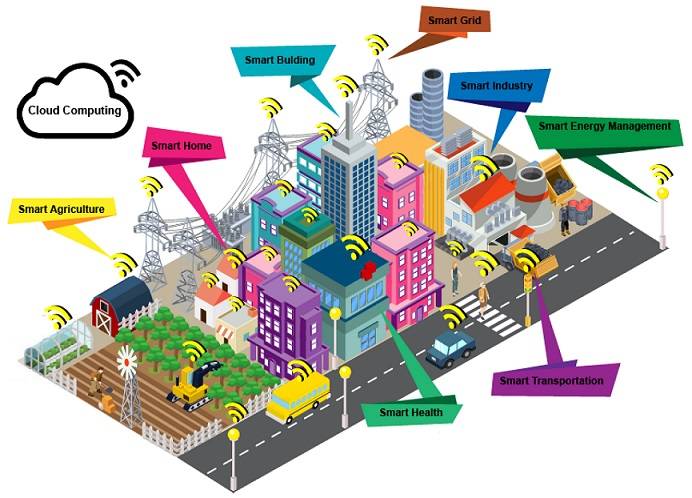The Internet of Things and smart cities are two areas where the introduction to 5g technology is expected to have a significant impact. 5G technology is expected to enable the development of new IoT devices and services and to improve the efficiency and effectiveness of innovative city systems. This article will explore how 5G technology is set to revolutionize IoT and smart cities and give new avenues of development.
How is 5G Technology Set to Impact IoT?
The introduction of 5G technology is expected to significantly impact IoT by providing faster data transfer speeds, lower latency, and increased network capacity. This will enable the development of new IoT devices and services that were impossible with previous wireless technologies.
For example, 5G technology can enable real-time monitoring and control of IoT devices in industrial automation and manufacturing settings. This can improve efficiency and reduce downtime by allowing machines to communicate with each other and central control systems in real time.
5G technology enables the development of autonomous vehicles, which require high data transfer speeds and low latency to operate safely and efficiently. With 5G technology, vehicles can communicate with traffic management systems in real-time, improving traffic flow and reducing accidents.
What are Smart Cities?
Smart cities are urban areas that use IoT and other technologies to improve urban spaces’ efficiency, sustainability, and livability. Smart city systems can include everything from traffic and public transportation to waste management and energy consumption. It reduces the burden of human beings and is operated through technology.
How is 5G Technology Set to Impact Smart Cities?
The introduction of 5G technology is expected to significantly impact smart cities by improving the efficiency and effectiveness of smart city systems. In addition, 5G technology can enable the development of new smart city applications and services that were impossible with previous wireless technologies.
For example, 5G technology can enable real-time traffic management systems that adjust traffic signals and route traffic to reduce congestion and improve traffic flow. This can reduce travel times and enhance air quality by reducing the number of cars on the road.
5G technology can also enable smart street lighting systems that adjust lighting levels based on the time of day, weather conditions and the presence of pedestrians or vehicles. This can improve energy efficiency and reduce light pollution in urban areas.
Conclusion
The introduction of 5G technology is set to revolutionize IoT and smart cities by enabling the development of new applications and services that were not possible with previous wireless technologies. For example, the faster data transfer speeds, lower latency, and increased network capacity of 5G technology will enable real-time monitoring and control of IoT devices and the development of autonomous vehicles. In addition, 5G technology can improve the efficiency and effectiveness of smart city systems, including traffic management, public transportation, and energy consumption. While there are still technical and regulatory challenges to overcome, the potential benefits of 5G technology in IoT and smart cities are significant.
You Might Also Like :
